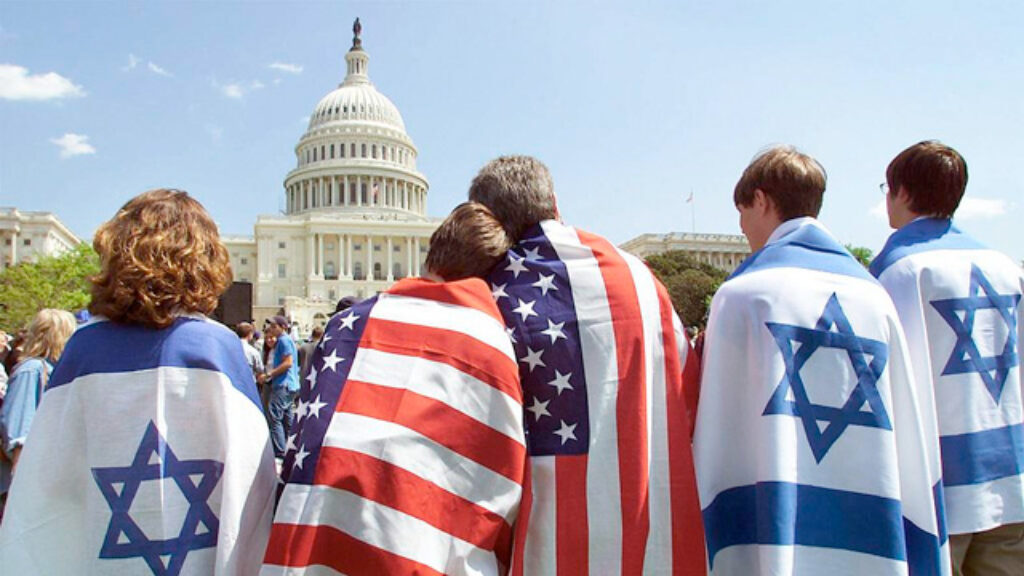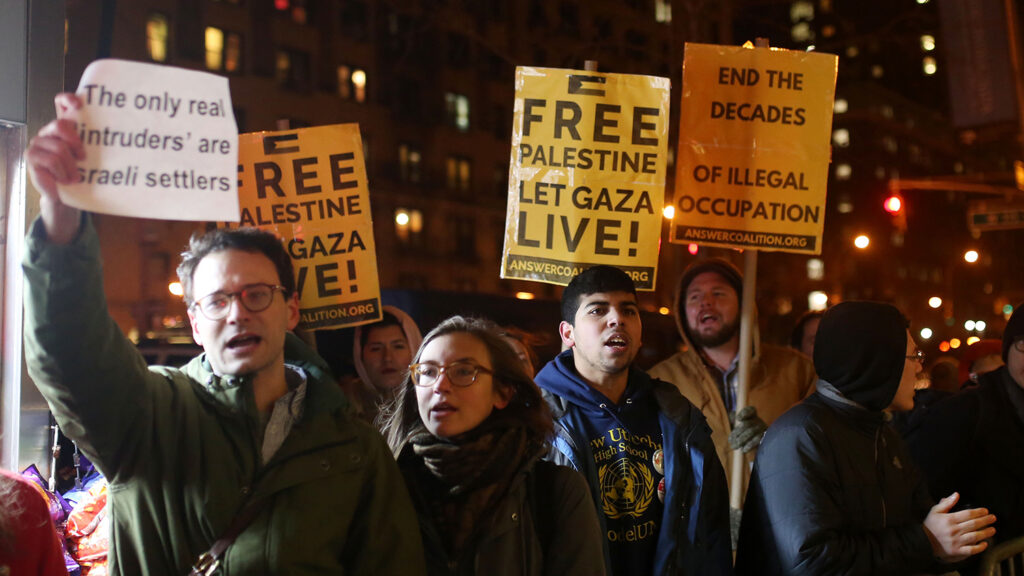Understanding the Political Atmosphere in Israel Before and After October 7
BY AVIVA KESSOCK
The decisions made in the Knesset, Israel’s parliament, affect every Israeli’s immediate and lasting future. In Israel, citizens vote for a party, and each party receives seats in the Knesset based on how many votes it receives. The head of the party with the most seats has the opportunity to form a coalition, which must consist of the majority of the 120 Knesset members. If successful, the head of that coalition becomes prime minister. Due to the diversity within the political landscape in Israel, there are many narrowly focused parties concentrated on very specific agendas. Whereas in a larger country, these parties might hold little significance in passing actual legislation and making political decisions, in Israel they are granted cabinet positions with immense influence on the lives of Israelis.
Due to Israel’s geographic location, territorial reality, economic challenges, and religious identity, it deals with a myriad of unique international and domestic issues. Israel’s first prime minister, David Ben Gurion, did not form a written constitution when the country was established, and it remains that way today. This omission was intended to allow flexibility in the formation of the government and legislation, and is also in part because of the lack of agreement on the fundamental purpose of the state. However, in recent years, there have been too many parties needed in each coalition for a stable government to take hold in the Knesset. This is of major concern to Israelis concerned about the stability and security of the nation, especially in the uneasy neighborhood that is the Middle East.
Coalition governments and compromise agendas have become the political reality in the country. In December 2022, Binyamin “Bibi” Netanyahu, head of the Likud party, began his sixth term as prime minister. Throughout his career, he has emphasized security and a more conservative approach to diplomacy. In terms of foreign affairs, there is severe disagreement and a myriad of positions among the Israeli electorate concerning Iran’s nuclear power and strengthening relations with the United States. For these reasons and more, Bibi is a polarizing figure among the Israeli people.
However, the divide over domestic policy—namely, the proposed judicial reforms—was the biggest issue bringing protesters to the streets in Israel last year. These judicial reforms, introduced in January 2023, were intended to limit the judiciary’s lawmaking powers and influence on public policy as well as grant the government more control over judicial appointments. Many opponents of the package believed that these judicial reforms would give unchecked power to the ruling government, threatening civil rights and select government duties to the nation. Some felt so strongly in opposition to judicial reform that several reserve soldiers threatened to not show up for training. Israelis entered the fall of 2023 sharply divided over this legislation and other domestic divisions.
But after the brutal attacks by Hamas on October 7, Israel’s dynamic and diverse political atmosphere had a fundamental shift.
The invasion and terrorist attacks that took place on October 7 impacted Israel physically, spiritually, and emotionally. Over 1,200 Israelis were killed on October 7, including IDF soldiers, mothers, fathers, children, babies, and the elderly. It did not matter which side of the protest these people stood on the week prior, nor their political affiliation. In the aftermath of October 7, Israel needed unity. Every Israeli understands the harsh reality: Israel must defend itself or it will not exist. The priorities of the people have shifted for the sake of survival. Even so, the major security and intelligence breaches have left Israelis furious at the government for failing to stop these attacks while it was engulfed in domestic political concerns. The combination of holding the government accountable and public rage has brought forth a fierce desire for early elections and a change in government among some in the nation.
Nevertheless, opposing political parties in the Knesset quickly formed an alliance for the sake of unity and to respond to the crisis effectively and efficiently. On October 11, Knesset members Benny Gantz and Gadi Eisenkot of the National Unity party joined the five-man war cabinet alongside Netanyahu, Defence Minister Yoav Gallant, and Ron Dermer, Minister of Strategic Affairs. This is part of Israel’s emergency national unity government that Netanyahu quickly called for. Across the political spectrum, unity has become a theme, especially in the face of adversity not only fighting Hamas in Gaza, but also dealing with critics around the globe. With broad agreement over the need to, and even the strategy for fighting Hamas, Israeli parties are putting the Jewish nation over contentious domestic debates.
October 7 was a turning point in Israeli politics. Israel has had a shift in political concern from focusing on serious and complicated domestic issues to more acute international threats. The fragmented Israeli society was brought together in alignment over the country’s most pressing challenges. The need for strong leadership and constant national communication, especially in times of crisis, has become clear to the Israeli public. Israel’s resilience since that horrible day has shown how imperative it is to maintain collective action, deliberation, and discussion across the political landscape. Currently, Israel’s goal is to continue fighting to eliminate Hamas, release the hostages, and build a safer future for its people. This national introspection may change the direction of the Israeli government, as perhaps the parties’ focus first and foremost on security and survival, instead of particular domestic agendas, will continue long into the future.
Suggested Reading

A New Viewpoint on Diversity
Often, it seems that the people who talk about diversity never visit diverse communities. People seem to think that diversity is based on how one looks. True diversity is not about how someone looks, but how they act.

My Real Internal Conflict is Not One of Clashing Interests
When do my Jewish interests and American interests conflict? After much careful internal deliberation, I have concluded that they do not.

Regaining our Power Through Knowledge: The Solution to Rising Anti-Semitism on Campus
An emotional connection to our Judaism cannot be our only solace. Knowledge is the solution to the problem Jewish students face today.

Silent Strength: Art as a Vehicle for Healing and Defiance after October 7
BY RACHEL TRATT The events of October 7 brought about a tragedy of an unimaginable scope, one that is ongoing to this day. Typically, new mediums emerge for dealing with…